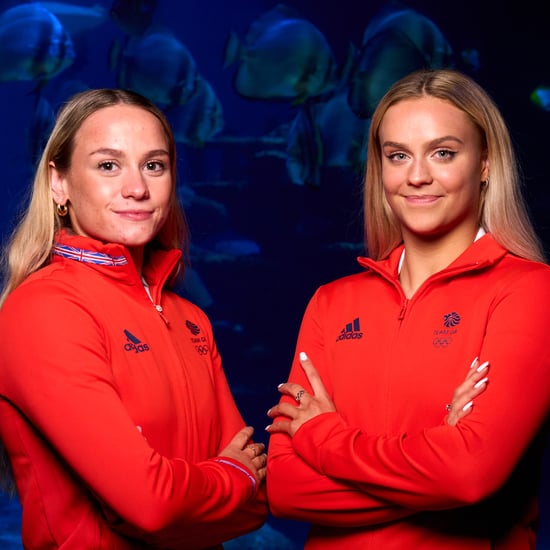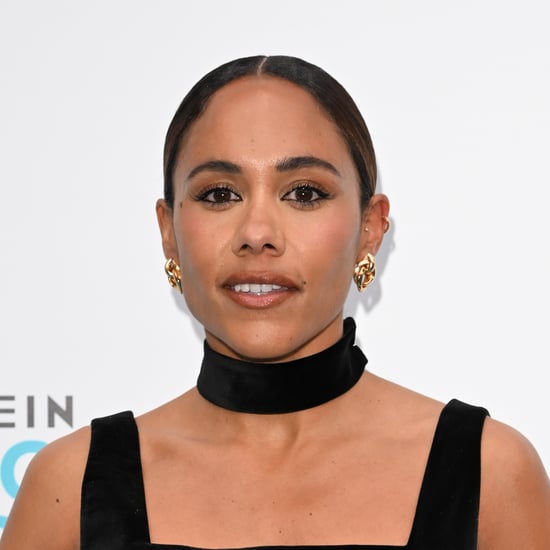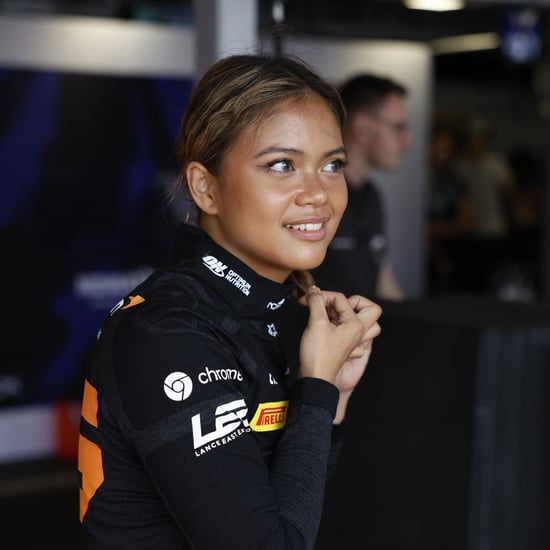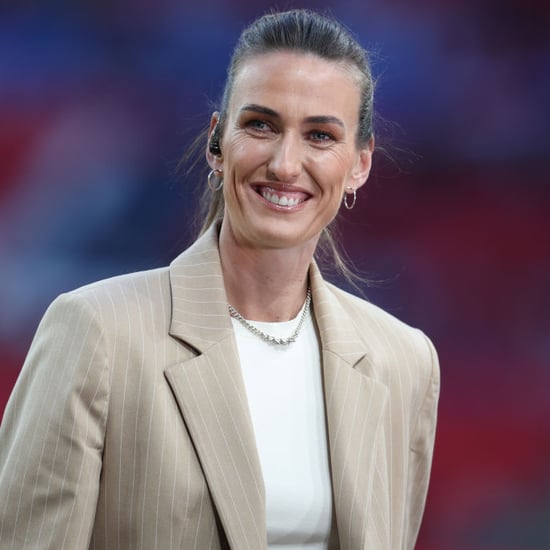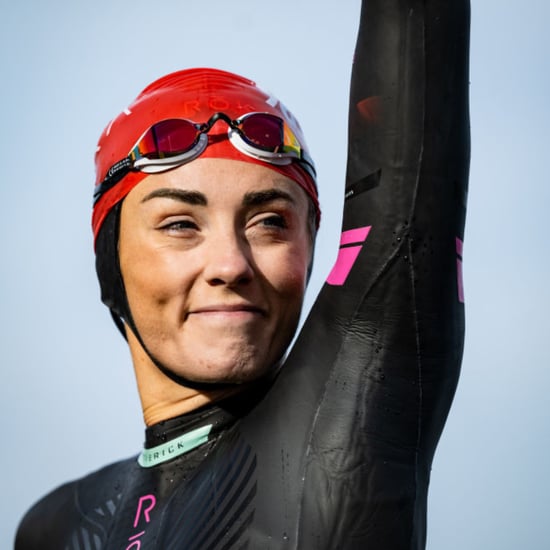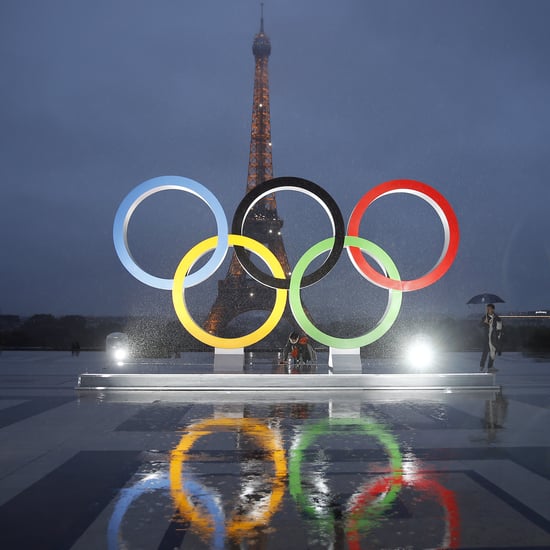Bianca Williams: "I'm Proof You Can Be an Athlete and Mum"
Bianca Williams: "I'm Living Proof That It's Possible to Be an Athlete and a Mum"
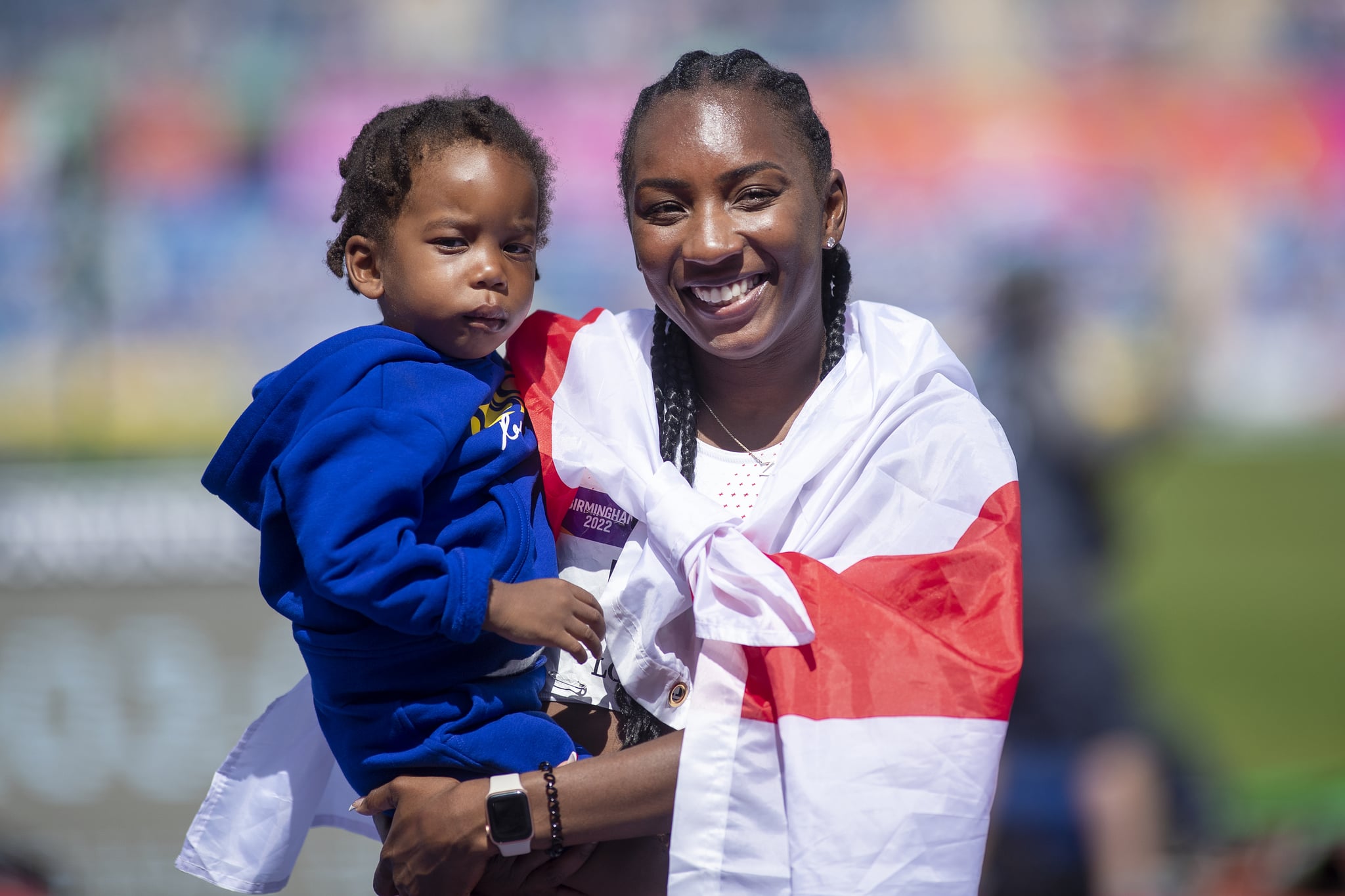
Bianca Williams did not set out to be an inspirational athlete mother, just as she never would have wished for the traumatic incident that saw her handcuffed and searched by police while her three-month-old son remained inside her car — an incident that later saw two officers lose their job for gross misconduct.
But now that Williams is in this position, she is not going to let her experiences go to waste. She wants to be a voice to help and inspire others.
Williams has been one of Britain's leading 100-metre and 200m sprinters for the past decade, competing on global stages and winning countless medals along the way. Last summer, at the age of 30, she ran faster than ever before and helped GB win world relay bronze.
It was a remarkable achievement given Williams was the only mother on Britain's entire World Championships athletics team. The chances are she will repeat that feat as Britain's sole athletics mum at this summer's Olympics.
"I am living proof that it's possible to be an athlete and a mum," she tells PS UK. "It is bloody hard, but I love it."
Williams is quick to admit she never thought it would be possible. Britain's Olympic and world heptathlon champion Jess Ennis-Hill is one of a handful of athletes to have come back from childbirth to win major titles. But when Williams returned to training a few months after giving birth to her son Zuri in March 2020, she felt "massive and super, super slow".
The pregnancy and birth had gone smoothly enough. Despite an older midwife wrongly telling her not to do any exercise while pregnant for risk of causing her mucus plug to fall out, she continued to do light training for five or six months until pelvic pain (in the form of symphysis pubis dysfunction or SPD) meant she was unable to run any more. Yet she was still squatting more than 100 kilograms in the gym a week or two before giving birth.
Then came the most difficult part. Zuri arrived two days before the country went into covid lockdown, and she was unable to access any physiotherapy or other health professionals in person.
"It was tough," she says. "I felt like my body changed as soon as I had him. There were so many times I doubted myself because everything seemed like such a struggle. I didn't ever think I'd get back to being on a British team again."
It took an enormous amount of hard work and no shortage of time. Williams lost her British Athletics funding after failing to run fast enough the year after giving birth. "It was hard because there was a time where I was one of Britain's fastest girls but it felt like I'd been kicked to the curb because I had a baby," she says. "It felt like I was being punished."
Through the support of her partner Ricardo dos Santos, an Olympic 400m sprinter for Portugal, she persevered and proved that mums can flourish in the sport when she regained her funding last year.
Yet she feels she has succeeded in spite of the system rather than because of it. "I get asked by people if I'd have another baby while running and I always say no," she admits. "I wouldn't have another one while doing the sport because it was just so hard. It was brutal. There isn't enough support.
"So many athletes want to have babies but are scared about the process after they have a child and that's so sad. Women should be allowed to have babies and come back."
Williams and Dos Santos unexpectedly found themselves making headlines just three months after Zuri's birth when they were pulled over outside their west-London home while driving back from a training session on suspicion of possessing drugs and weapons. Footage of the arrest soon went viral on social media.
The pair said they had been racially profiled, and two police officers were sacked after being found guilty of lying about smelling cannabis in the car.
The incident resulted in Williams receiving "endless amounts of abuse" on social media, and she continues to fear that someone might come to their house and do them harm. But she insists she has no regrets about speaking out publicly.
Williams and Dos Santos have since registered a charity called 4TheVoiceless, which aims to raise awareness for racial injustice and advocate for marginalised voices in Britain.
"We had so many people send us messages saying that what happened to us had happened to family members," says Williams. "If we can help people then that means the world because no one should go through what we went through. I understand that police have to do their job but there are ways and rules."
The charity has been put on the backburner this summer while Williams and Dos Santos concentrate on making their respective teams for the Paris Olympics. If they do so - with Williams on track to qualify for her first Olympics - it would, of course, raise the perennial problem of childcare and what to do with four-year-old Zuri.
"But let's qualify first and then we can figure it out," says Williams. "Hopefully we'll all be there together."
Ben Bloom is a freelance writer who began his journalism career as a local news reporter before focusing on sport in 2012. He spent 11 years at The Telegraph, where he wrote on a wide range of sports, leading the paper's coverage at three Olympic Games. His work saw him nominated for a British Sports Journalism Award.

